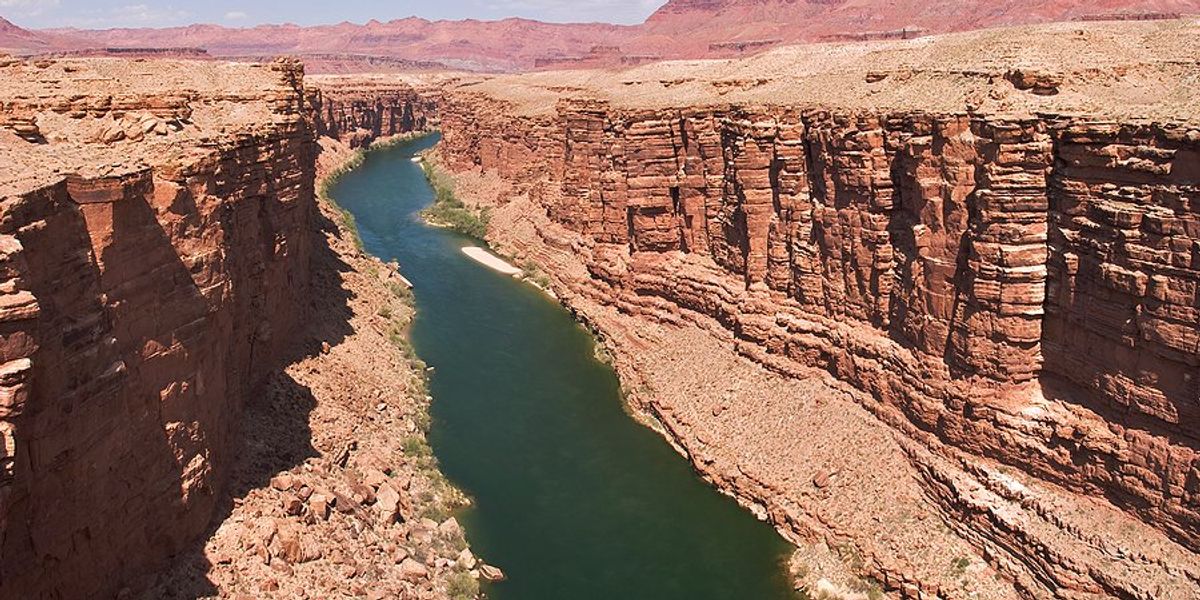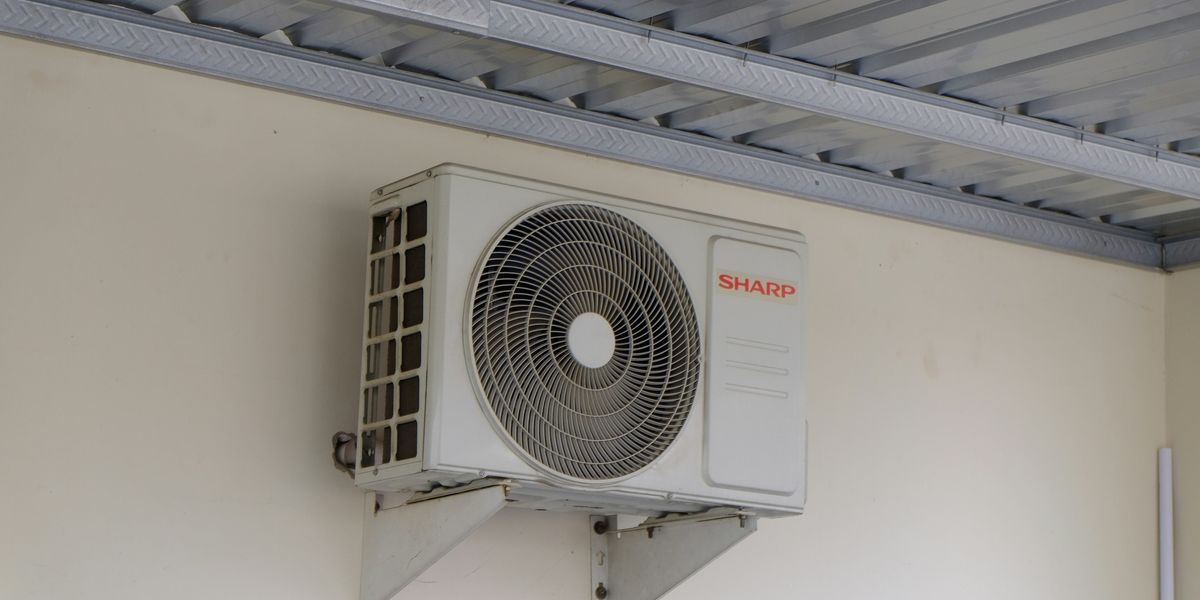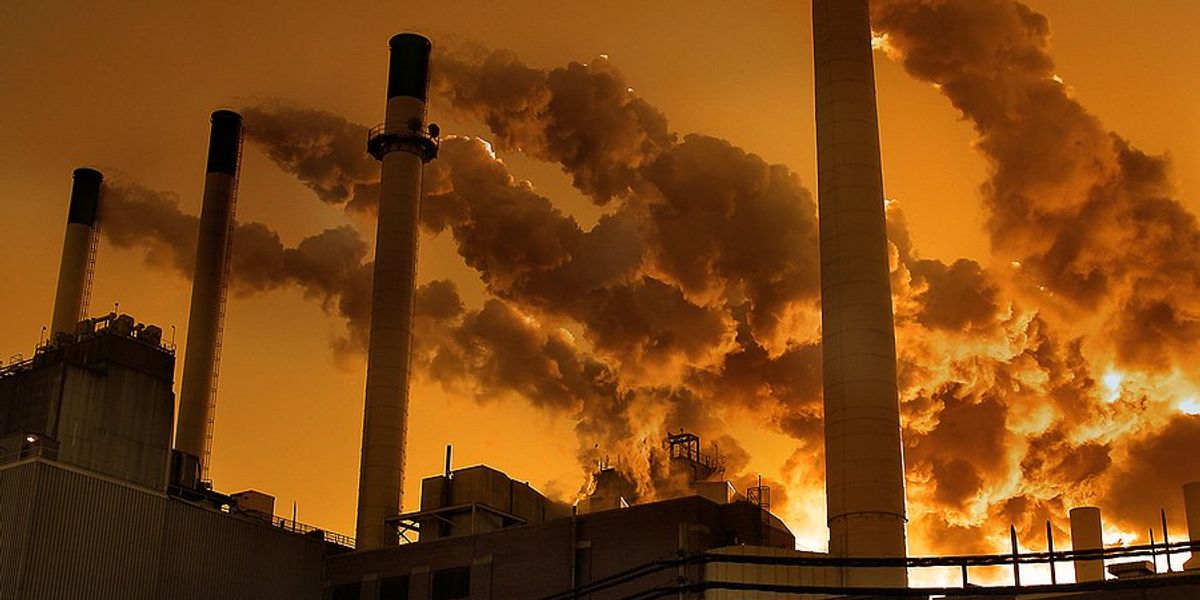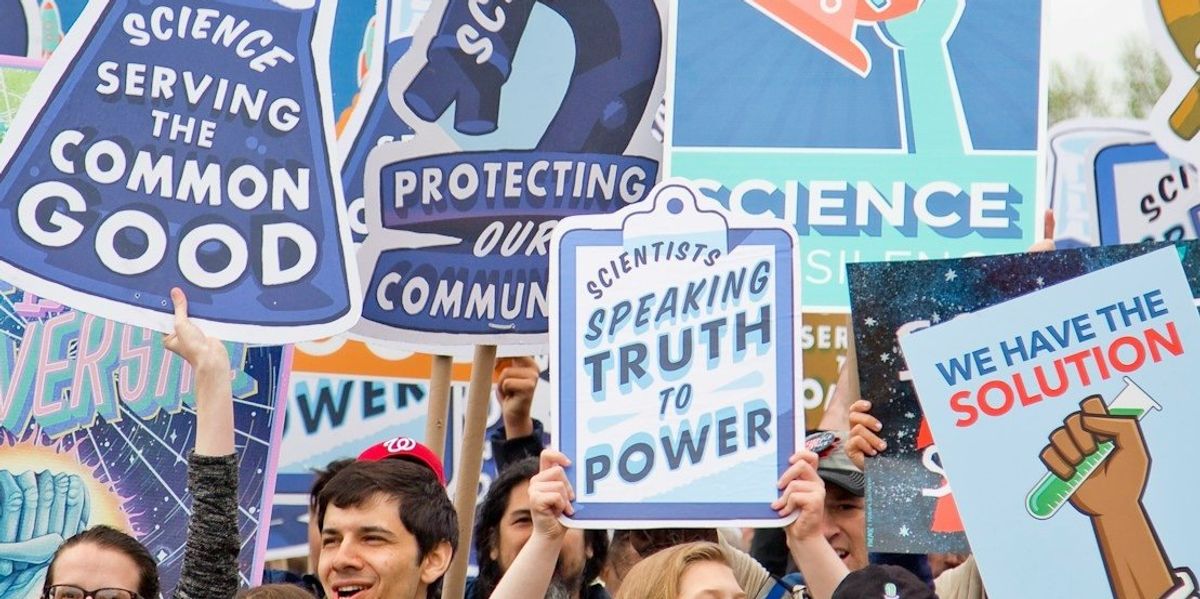Trump administration orders Pennsylvania power plant to stay open amid claims of emergency demand
A half-century-old oil and gas power plant in Pennsylvania will remain online through the summer after a last-minute order from the Department of Energy reversed its planned shutdown.
Jon Hurdle reports for Inside Climate News.
In short:
- The Eddystone Generating Station near Philadelphia was slated to close for economic reasons, but the Department of Energy ordered it to continue operations, citing a national energy emergency declared by President Trump.
- The order follows a broader push by the Trump administration to extend fossil fuel power generation amid rising electricity demand from artificial intelligence data centers, while simultaneously blocking renewable energy expansion.
- Environmental groups argue the move is unjustified, as grid operator PJM had previously found the plant's closure would not threaten reliability, and they warn of higher costs and increased air pollution.
Key quote:
“Saying that you are going to keep a dirty power plant open during the summer means that you are directly contributing to more failed air-quality days. It’s going to exacerbate our failure to meet clean-air standards, and there are consequences of that for people’s health.”
— Tracy Carluccio, deputy director of the Delaware Riverkeeper Network
Why this matters:
Oil- and gas-fired power plants like Eddystone emit harmful pollutants linked to asthma, heart disease, and other health problems, particularly in urban areas already struggling with poor air quality. Keeping such plants online also perpetuates greenhouse gas emissions at a time when climate scientists stress the need to phase out fossil fuels. The decision to override a scheduled shutdown — based not on grid reliability but on a political directive — raises environmental justice concerns, particularly for nearby communities who bear the brunt of pollution. It also underscores the current shift in federal energy priorities away from renewables and toward fossil fuels, with potentially long-term impacts on public health and climate policy.
Learn more: Public support for renewable energy drops as partisan divides and fossil fuel interests grow













